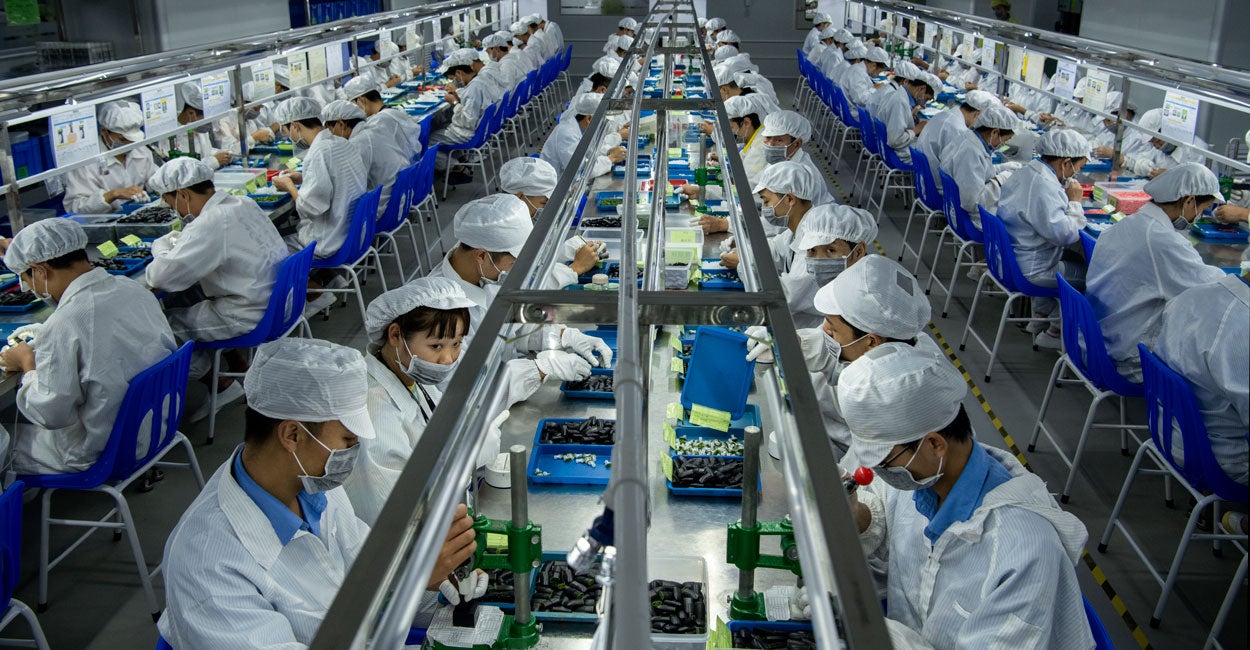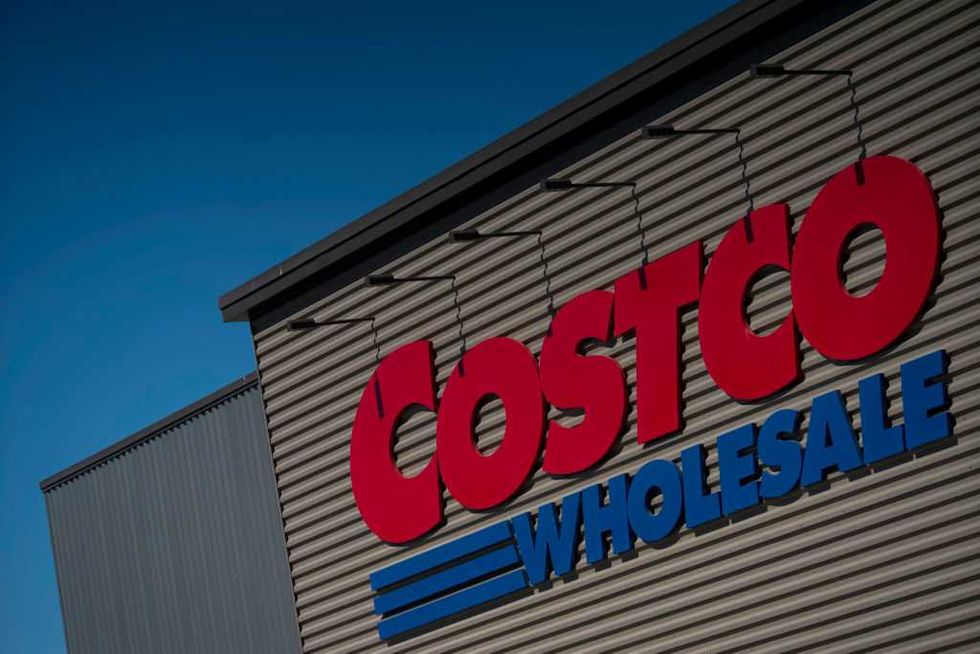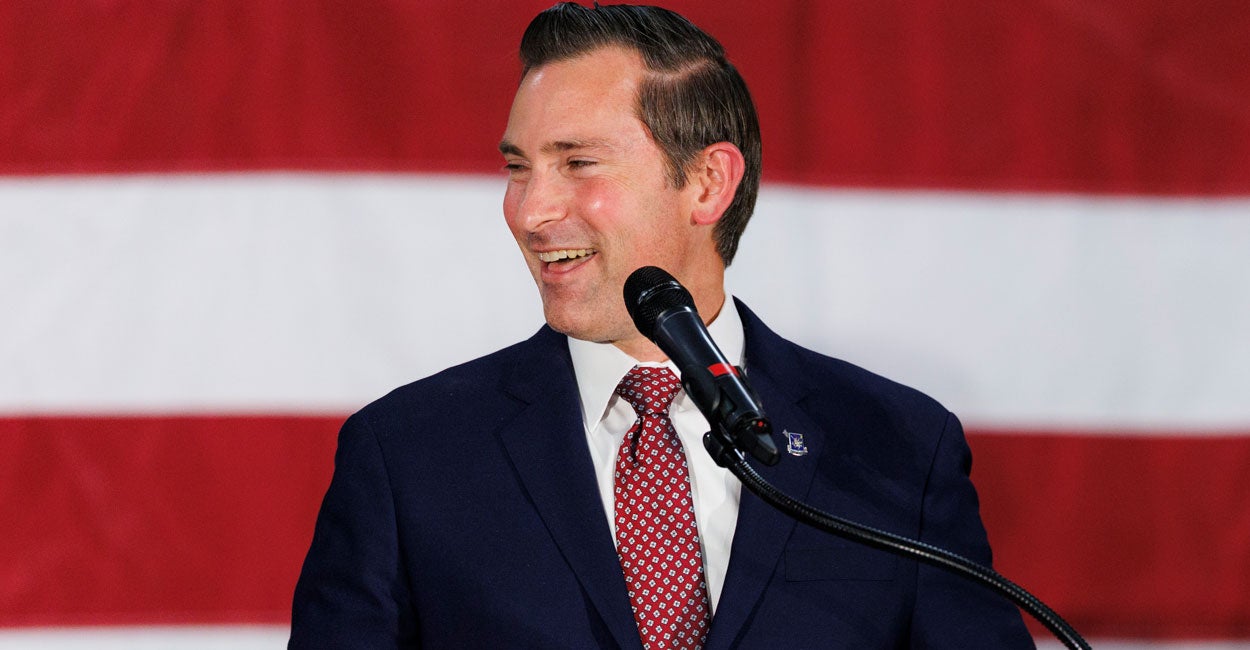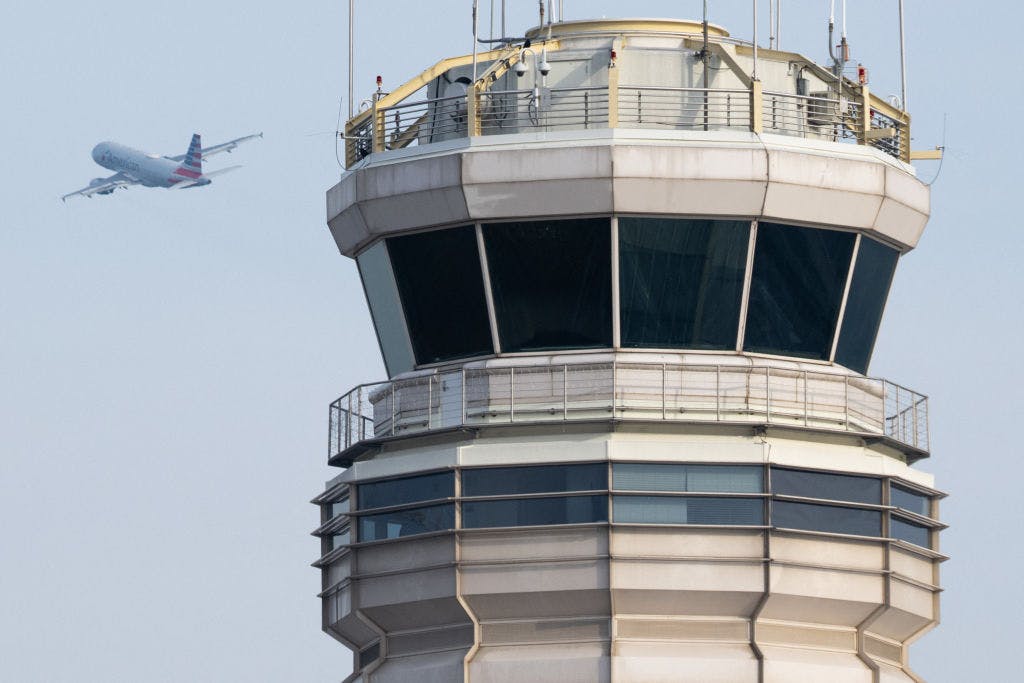China’s Vape Offensive and the Mexican Cartel Pipeline: A Growing Threat to US Security

In Mexico, the cartels have found their perfect staging ground to capitalize on a low risk, high profit cash crop. Lax enforcement against illicit tobacco has created vast gray zones where cartels operate openly, stockpiling illicit goods, laundering profits, and planning cross-border smuggling with little fear of government intrusion.
For the past two decades I have investigated and analyzed cartel operations in Mexico, and the national security implications of their complex trafficking networks on both sides of the border. I can say unequivocally: the trafficking of illegal Chinese vapes and counterfeit cigarettes from Mexico into the United States is no longer a side hustle for cartels like Sinaloa and Jalisco New Generation Cartel. It is a strategic operation. Illicit Chinese vapes are now flowing across the U.S. border through the same hardened routes used for fentanyl and weapons, generating billions in revenue that fuel cartel violence and fund China’s rising ambitions.
In the past, Mexican cartels relied primarily on drugs to finance their empires, with cigarette smuggling as an ancillary enterprise. Today, they have expanded aggressively into lower-risk, high-reward commodities: illicit tobacco and disposable vapes. Tobacco smuggling now generates critical cash flow for criminal groups, while vapes—largely manufactured in China under state-controlled companies—represent a new and booming pipeline.
This convergence is deliberate. Since Mexico banned electronic cigarettes in 2022, cartels have cornered the black market, smuggling Chinese devices like Elf Bar and Geek Bar through Mexico into the United States. Using familiar methods like mislabeling shipments, bribing Mexican port officials, and exploiting weak inspections, they have embedded vape trafficking into the same networks used for narcotics.
According to the national security think tank, POLARIS, the scale of the threat is staggering. In 2024, more than 216 million illicit Chinese vapes are expected to enter the U.S. market. Seven of the 10 most popular vape brands used by American minors are illegal Chinese imports. These products are not simply skirting American health regulations. They are a direct product of China’s industrial policy, designed to capture global markets while offloading domestic restrictions onto foreign consumers.
Every illicit vape sold on American streets strengthens two powerful adversaries:
- Mexican cartels, who use the proceeds to fund corruption, arms trafficking, and territorial control.
- The Chinese Communist Party, which profits through state-owned or state-linked manufacturers, funneling revenues back into military modernization and global influence operations.
Meanwhile, on the Mexican side of the border, the failure to prioritize tobacco enforcement has created fertile ground for criminal consolidation, according to a report from El Colegio de Mexico. Cartels now operate major logistics hubs with minimal government interference, staging illegal shipments with the efficiency of multinational corporations. The profits generated by these “gray” markets are reinvested into criminal markets like fentanyl, methamphetamine, and human smuggling, to create a seamless criminal ecosystem.
This is no longer simply a law enforcement challenge. It is a threat to national security, sovereignty, and public safety on both sides of the border. The U.S. and Mexico must collaborate and respond with the urgency this situation demands:
- Categorical bans on imports from identified illicit vape manufacturers.
- Joint U.S.-Mexico enforcement task forces specifically targeting illicit tobacco and vape corridors.
- Aggressive financial targeting of cartel laundering operations tied to Chinese underground banking networks.
- Public information campaigns that expose the link between these illegal products and the cartels and CCP.
At the same time, Mexico must finally confront the reality that permissive treatment of the illicit tobacco market is undermining its own security and accelerating the rise of criminal empires. The threat is no longer limited to narcotics. It now includes everyday consumer products, weaponized by organized crime and foreign adversaries, all flowing through a border that remains dangerously vulnerable.
While the threat has received increased bipartisan attention in Washington, more must be done. The cartels continue to evolve with sophisticated technology and operations that stay one step ahead of enforcement. Our strategy must evolve more quickly and more aggressively. If we fail to act, we will wake up to find that the battleground has shifted beneath our feet, and that the next major security crisis has already arrived.
We publish a variety of perspectives. Nothing written here is to be construed as representing the views of The Daily Signal.
The post China’s Vape Offensive and the Mexican Cartel Pipeline: A Growing Threat to US Security appeared first on The Daily Signal.
Originally Published at Daily Wire, Daily Signal, or The Blaze
What's Your Reaction?
 Like
0
Like
0
 Dislike
0
Dislike
0
 Love
0
Love
0
 Funny
0
Funny
0
 Angry
0
Angry
0
 Sad
0
Sad
0
 Wow
0
Wow
0












































































